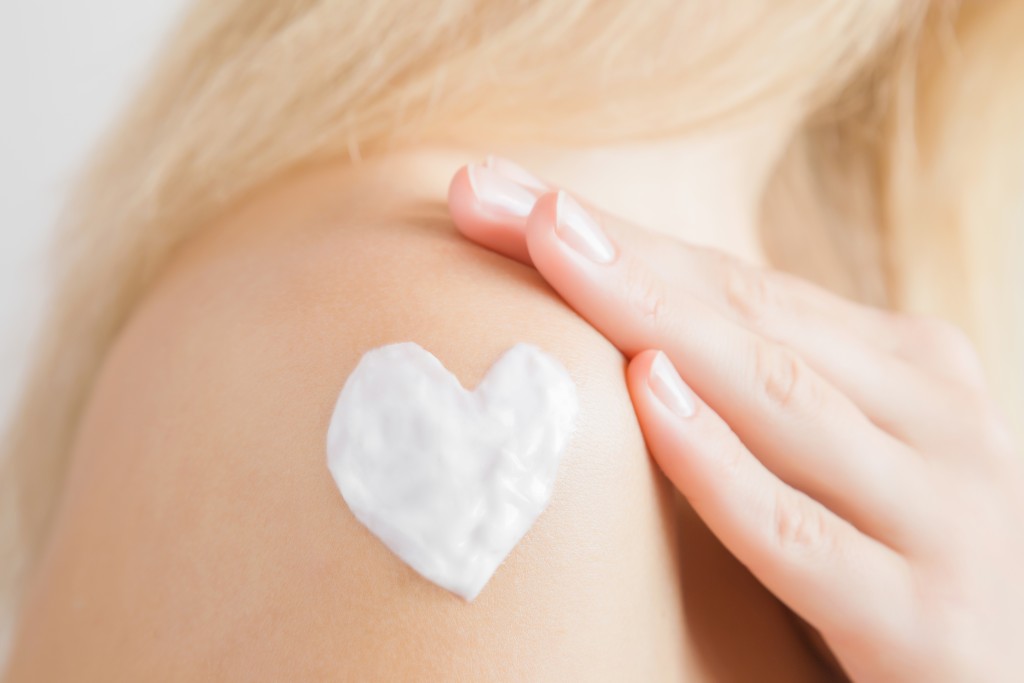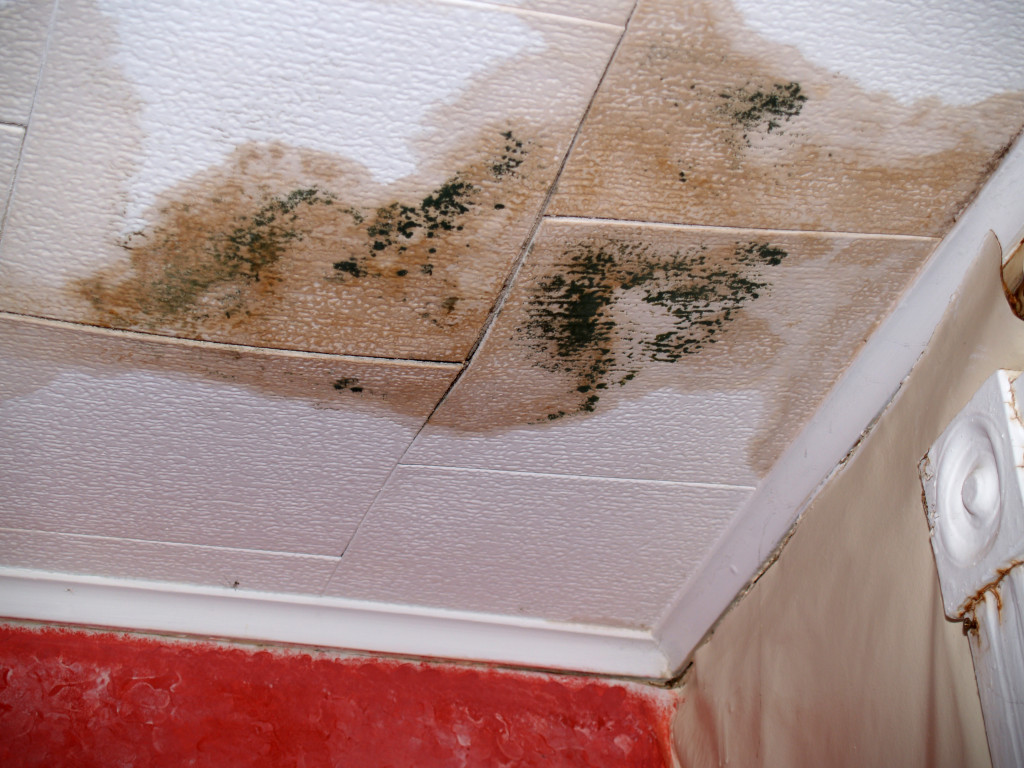Good oral health is essential for overall health. Taking care of your teeth and gums can help you avoid dental problems such as cavities, tooth decay, and gum disease. People all know that brushing twice daily and flossing daily are essential habits to maintain good oral hygiene. But there are other steps they can also take. This blog post will explore tips for taking care of your oral health.
Choose the Right Toothbrush and Toothpaste
Choosing the right toothbrush and toothpaste when caring for your teeth is essential. Make sure the bristles aren’t too hard or too soft; they should be medium-soft, so they don’t damage your gums while still being effective at cleaning your teeth.
Additionally, buy toothpaste that contains fluoride; this mineral helps strengthen teeth by preventing cavities and remineralizing enamel. When it comes to toothpaste, don’t be afraid to experiment with different flavors. Some people may prefer minty flavors, while others may find them too strong. As long as the toothpaste is formulated for your specific needs, you can try any flavor that appeals to you.
It may be necessary to use a special type of toothbrush or toothpaste if you have braces or other dental appliances. Talk to your dentist or orthodontist about what products they recommend, and follow their advice as closely as possible. Doing so will help you keep your teeth healthy while avoiding any damage caused by using the wrong products.
Avoid Sugary Foods and Drinks
Sugary foods and drinks can be bad for your teeth because they provide food for bacteria in the mouth which can lead to plaque buildup and tooth decay. If you eat or drink sugary foods, try to brush your teeth afterward or rinse with water or a fluoride-containing mouthwash to reduce the amount of sugar left on your teeth.
Chewing sugarless gum after meals can help promote saliva production, which helps cleanse the mouth of bacteria and neutralize acids left behind from sugary snacks.
Avoiding sugary foods can help protect your teeth and reduce your risk of cavities. It would help if you remembered that sugary food can still be enjoyed in moderation. But it is best to avoid eating or drinking too much of it. Additionally, ensure you brush your teeth after consuming sugary snacks and drinks to reduce the sugar left on your teeth.
Floss Daily
Flossing daily is one of the most critical components of a good oral hygiene routine. Not only does flossing help to remove food particles, plaque, and bacteria from between teeth, but it can also help to promote healthier gums and fresher breath. Regularly using dental floss can help to reduce your risk of developing serious conditions such as gum disease and tooth decay.
The best way to floss is to use dental floss specifically designed for this purpose. Begin by wrapping the floss around your middle fingers on both hands, exposing about two inches of floss. Then, using a gentle sawing motion, guide the floss between two teeth. Be sure to curve the floss around the base of each tooth and slide it up and down, scraping away any plaque or debris that may be present.
See Your Dentist Regularly
You should see a dentist every six months for a regular checkup. This allows them to assess any issues with your teeth before they become more serious problems, such as cavities or gum disease. Regular checkups allow them to spot signs of oral cancer early on so that it can be treated quickly if necessary.
You should visit a reputable dentist’s office to get personalized advice on how best to care for your teeth. The dental professional can also deal with issues with your oral health. The dentist can also install dental devices to help restore your appearance and ability to chew, if necessary.
Eat a Healthy Diet
Eating a healthy diet is crucial just for general health and for the health of your teeth. What you eat and drink can have a direct impact on the condition of your teeth and gums, and an unhealthy diet can cause serious problems.
A balanced diet will help to provide your teeth with all the essential nutrients they need to stay strong, healthy, and cavity-free. This includes eating plenty of crunchy fruits and vegetables, such as apples and carrots. Fruits and vegetables can help to clean your teeth when you chew them and stimulate saliva production, which can help to protect against tooth decay. Dairy products are also crucial for dental health as they contain calcium and phosphorus, essential for strong teeth and bones. Lean proteins such as fish, eggs, and chicken provide crucial nutrients for healthy teeth.
Good oral health is essential for overall well-being—and it doesn’t have to be complicated! Following these tips can keep your pearly whites healthy for years. So don’t forget about caring for your oral health; it will pay off in the long run.





